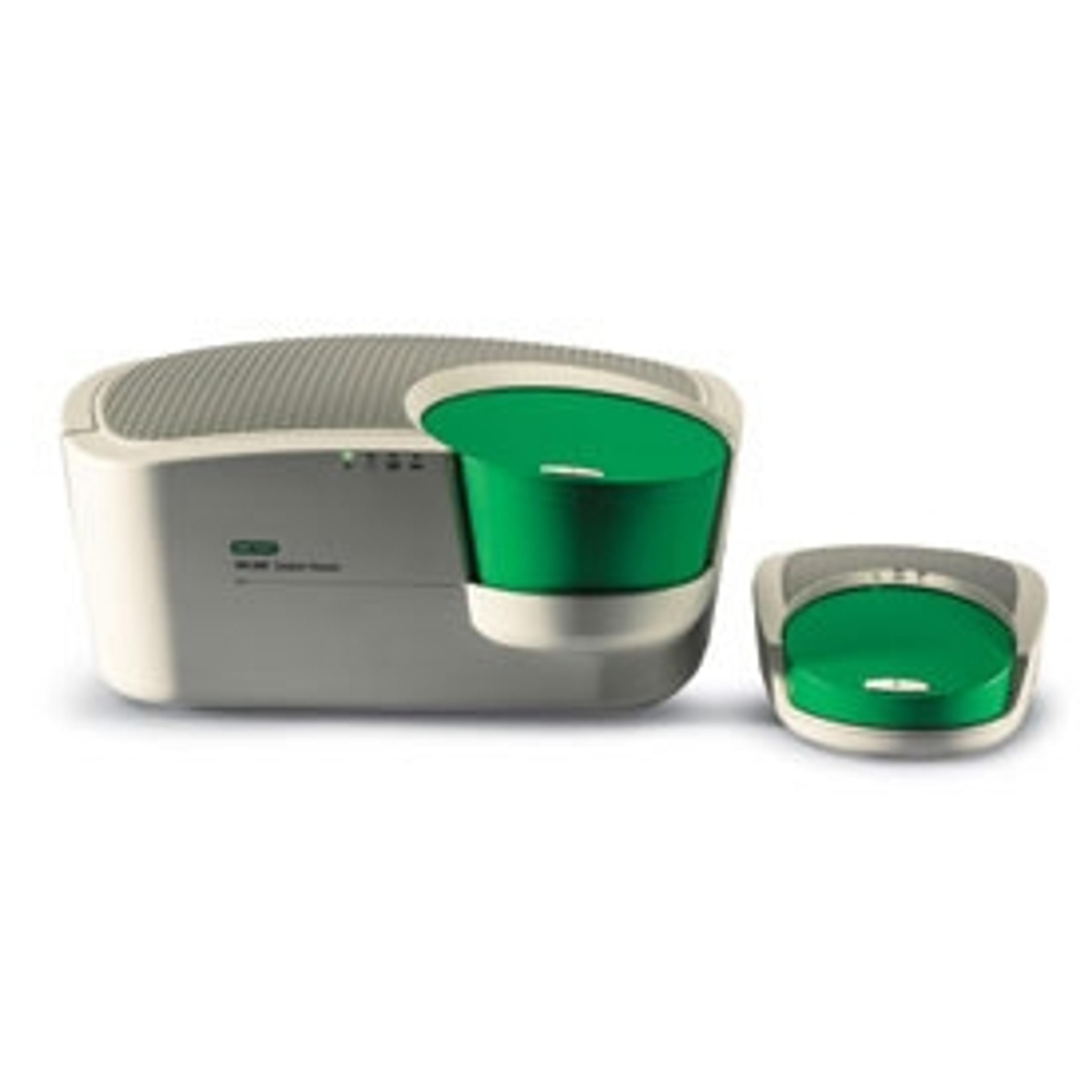Chronix Biomedical and Transplant Expert Prof. Oellerich Uses Droplet Digital™ PCR to Quantify Early Rejection Biomarker
26 Aug 2013A recently reported blood test for the early detection of organ transplant injury could enable more timely therapeutic intervention in transplant patients and thus help to avoid long-term damage. As described by scientists at the University Medical Center Göttingen and Chronix Biomedical, a molecular diagnostics company, the new method uses Bio-Rad’s Droplet Digital PCR (ddPCR™) technology to overcome the obstacles of earlier tests, which were both time-consuming and costly. The method was presented at the American Association of Clinical Chemistry (AACC) 2013 annual meeting and has been accepted for publication in Clinical Chemistry.
Approximately 28,000 organ transplantations (known as grafts) are performed each year in the U.S., with another 100,000 patients on waiting lists. However, transplant patients are often subject to organ rejection: acute rejection of liver transplants within three years is nearly 22 percent, while heart and lung rejection is close to 50 percent. In addition, nearly half of all of kidney transplants fail within ten years.
Graft-derived cell-free DNA (GcfDNA) in the circulation of transplant recipients is a potential rejection biomarker. But previous attempts to determine GcfDNA, which require parallel sequencing of donor and recipient DNA, are expensive and require a long turnaround and use of donor DNA. University Medical Center Göttingen and Chronix Biomedical researchers sought to develop a new method in an attempt to address these drawbacks.
Using ddPCR for a Fast, Cost-Effective Test
The researchers applied Bio-Rad’s ddPCR technology to quantify graft-derived cfDNA in recent liver transplant patients and in stable patients who had undergone a transplant procedure more than six months earlier. ddPCR technology allowed them to develop a cost-effective and fast laboratory test that detects cfDNA being released into the blood stream by dying cells from the transplanted organ.
“GcfDNA from dying graft cells is the most direct and sensitive indicator of organ rejection and we needed an instrument that could measure it,” said Chronix Biomedical’s chief technology officer and the study’s senior author, Ekkehard Schütz, MD, PhD. “ddPCR added an additional level of reliability and precision to traditional PCR.”
Sequencing methods typically require batch sampling, but by using ddPCR, researchers are able to run single samples. Additionally, this method is reducing test time from three days or more to one day, and reducing costs by 90 percent. The study authors were able to address the need for donor DNA by preselecting SNPs that ensure enough heterogeneity between donor and recipient. The new blood test can also deliver results up to several earlier than the conventional aspartate aminotransferase (AST) and bilirubin tests for liver transplantation rejection, with the potential for an immediate positive impact on patient care.
“We will now be able to detect subclinical rejection and early intervention may allow us to avoid a full-blown rejection,” said Michael Oellerich, MD, FACP, FRCPath and Lower Saxony distinguished professor of clinical chemistry at the University Medical Center Göttingen and the study’s principal investigator. “This test may be useful to personalize immunosuppression and to improve long-term outcomes.”
“Detecting nonhost cfDNA is the third example of the commercial potential of cfDNA diagnostics. Researchers will now be able to extend the applications from fetal cfDNA in maternal blood and personalized biomarkers for minimal residual disease in cancer to solid organ transplantation,” said Howard Urnovitz, PhD, Chronix Biomedical’s chief executive officer.
“We are looking forward to the improvements in precision medicine we can offer with ddPCR and this example in transplantation highlights the diagnostic value for the technology,” said Paula Stonemetz, director diagnostic business development for Bio-Rad Laboratories’ Digital Biology Center.
The study’s researchers were awarded a National Academy of Clinical Biochemistry (NACB) Distinguished Abstract Award at the 2013 AACC annual conference. The results are part of a larger planned study to determine if cfDNA is the earliest indication of a transplant organ rejection.

